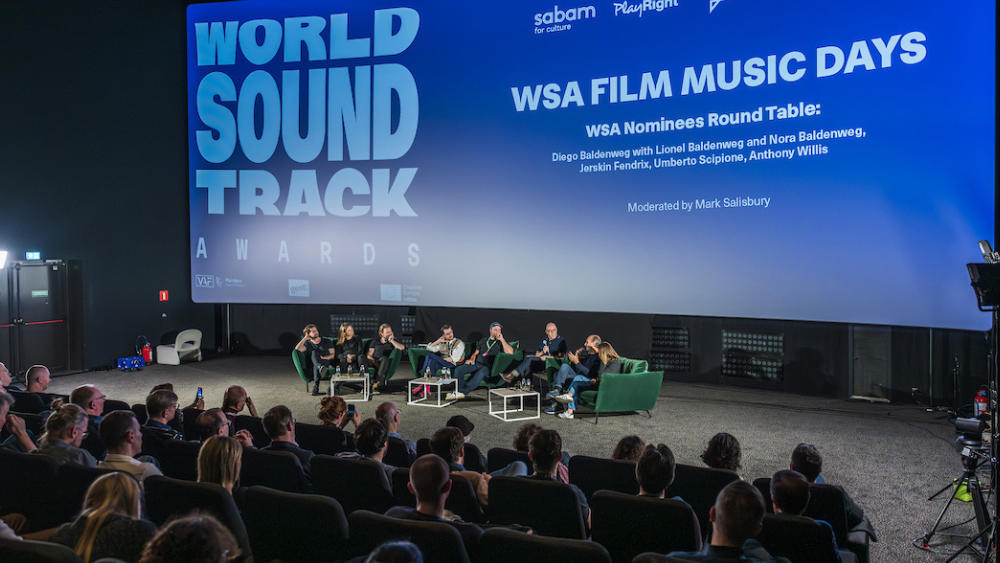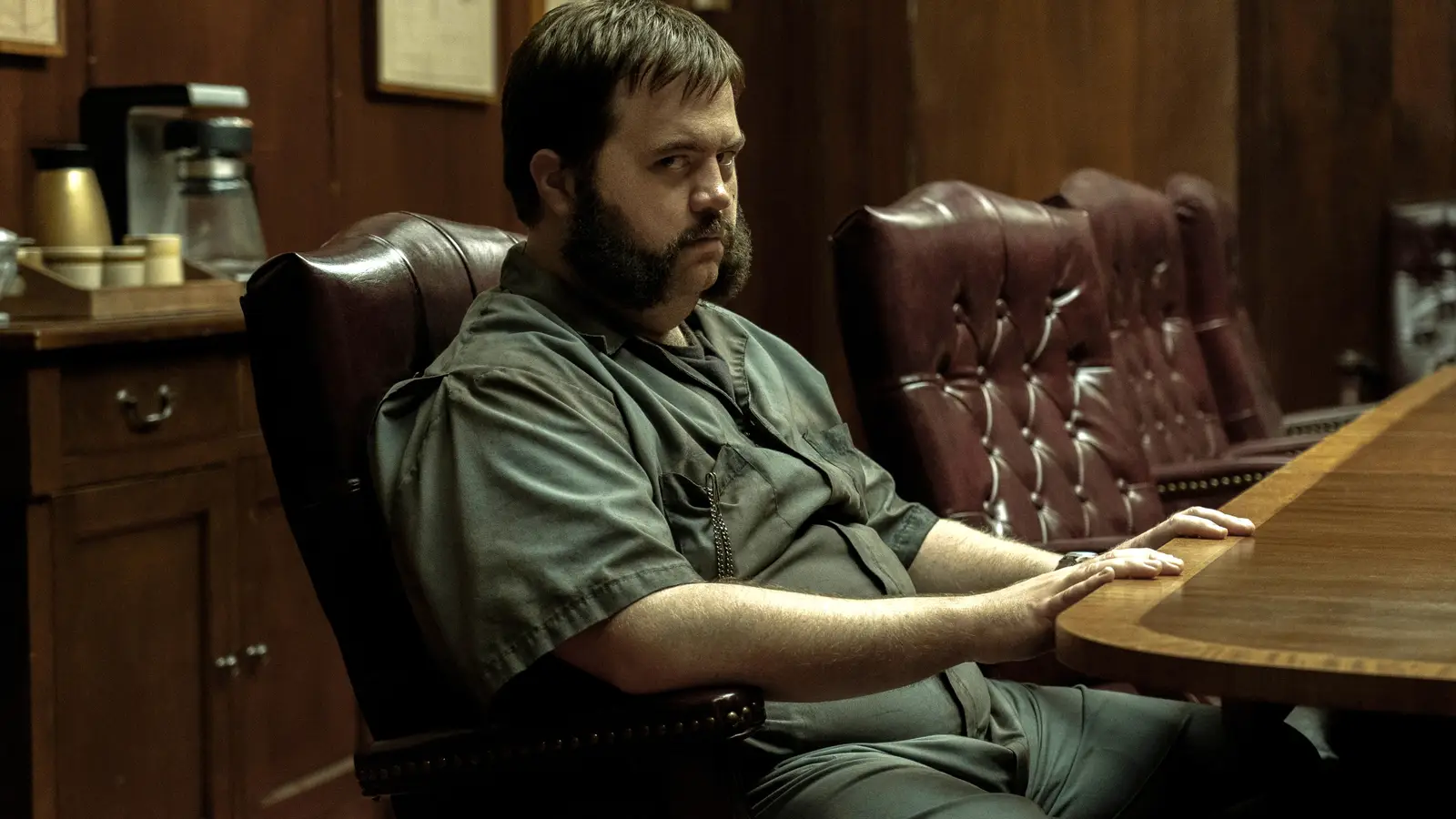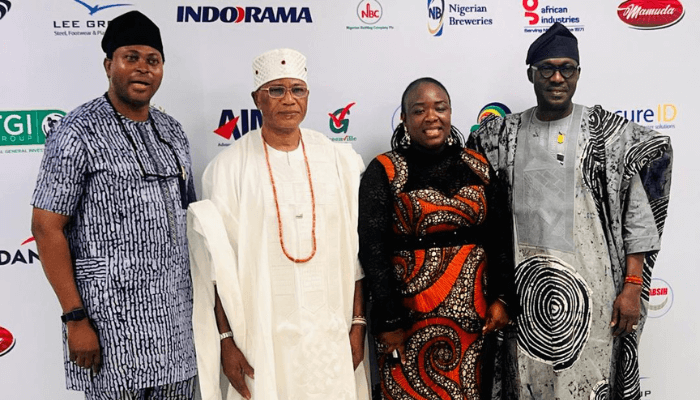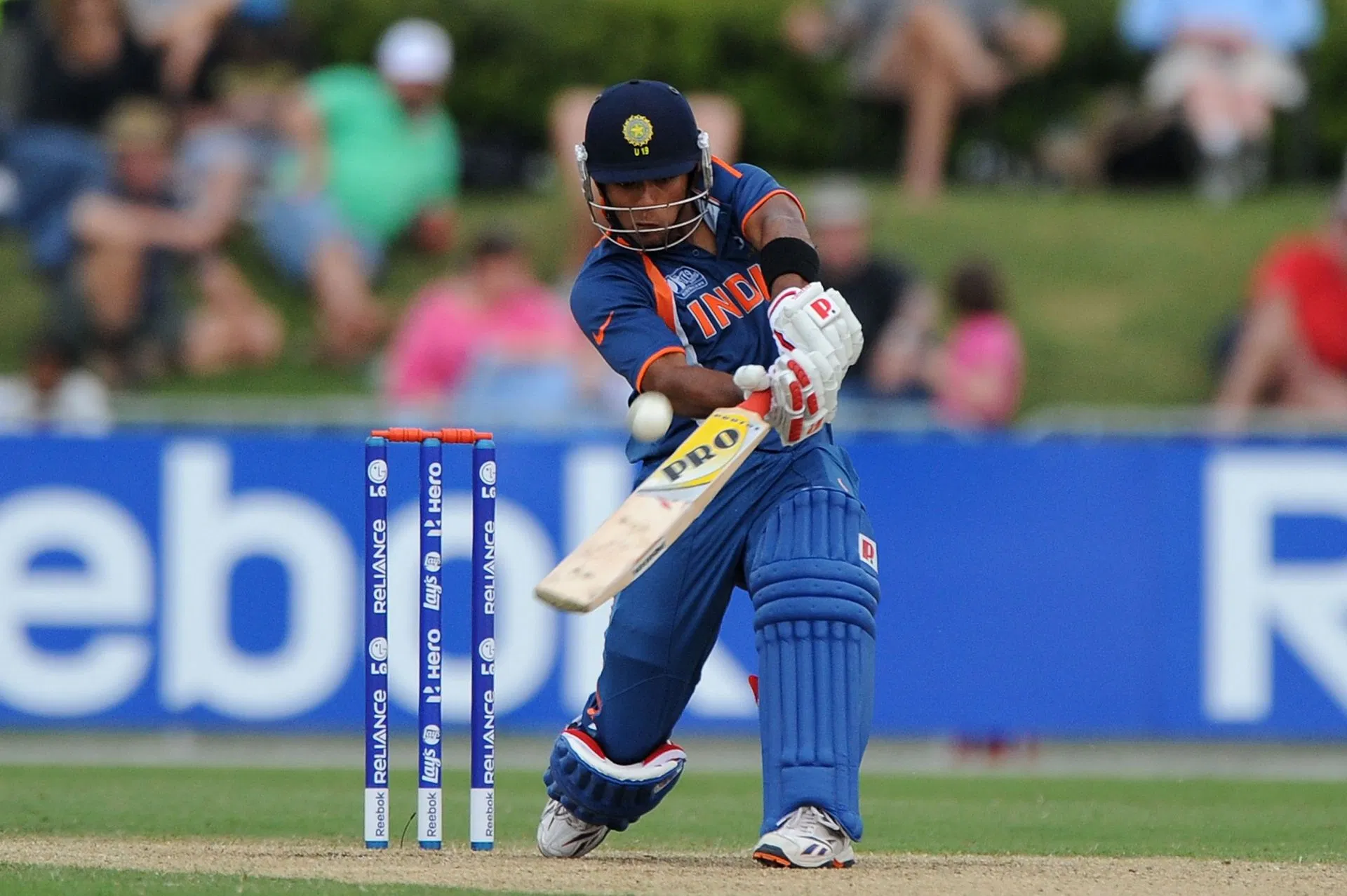
The World Soundtrack Awards, held as part of Belgium’s Film Fest Ghent and recognizing the contributions of global film and television composers, keeps a firm finger on the pulse of the most exciting talent in film and TV composition with its Discovery of the Year Award. Recent winners include Daniel Pemberton (“Cuban Fury” and “The Counselor”) and Nicholas Britell (“Moonlight”), who have gone on to work on major projects and rack up countless awards for their subsequent work in both film and television. Last year’s winner, Jerskin Fendrix, followed up his winning “Poor Things” score with yet another Yorgos Lanthimos collaboration in “Bugonia.”
This year’s Discovery of the Year category is equally filled with prestige: Daniel Blumberg’s Oscar-winning score for Brady Corbet’s “The Brutalist,” Robin Carolan’s expressionist work for Robert Eggers’ “Nosferatu,” Emmy-nominated Jung Jae-il’s most recent collaboration with “Parasite” director Bong Joon-ho in “Mickey 17,” Dave Metzger’s lyrical music for Barry Jenkins’ “Mufasa: The Lion King” and Hania Rani’s blend of classical, experimental and electronica for Joachim Trier’s “Sentimental Value.”
Speaking with Variety ahead of this year’s edition of the World Soundtrack Awards, which will take place on Oct. 16 at the annual WSA Ceremony and Concert during Film Fest Ghent, this year’s nominees praised the weight such an important category has in the industry and the chance to be spotlighted at what many consider to be the most important event for film and television composing globally.
“I’ve only written two scores to date, so to be recognized for anything at this stage is still really special and slightly overwhelming, in the best possible way,” says Carolan of first hearing about the nomination. Conversely, Jung Jae-il says the nomination made him feel almost “like a debuting composer again,” given that he has been working in the industry for 15 years. “I took it as a sign that my work is being rediscovered in a new light, and it truly made me smile.” To Rani, it was a “surprise” to be nominated for a work she considers “reticent, quiet and humble.”
“I was completely shocked beyond belief when I learned that I’d been nominated,” says Metzger, who worked in the film music industry for over four decades as an orchestrator and song arranger for film musicals. “I’d always dreamed of having my own films as a composer but had given up hope. In 2023, completely out of the blue, I was hired as the composer on ‘Wish’ at the age of 63. That was literally my dream come true. Then last year Disney brought me in to be the composer for ‘Mufasa.’ I’m having a wonderfully unexpected Act 2 of my work life that I never thought I’d get.”
Asked about the importance of an event like the World Soundtrack Awards in the industry, Carolan says it is extremely important to draw attention to a craft like composing, given that it is “becoming increasingly common for awards shows to treat the craft categories as an afterthought, especially when these shows are televised.”
Metzger echoes that thought, particularly praising the awards’ true international scope. “I think the WSA does a great job of recognizing many areas and styles of film music, and by that I mean it’s not just focused on Hollywood films,” with Carolan adding that it is “great” how they don’t “just focus on Western work.” “It’s a real encapsulation of all the good, interesting work that’s being done right now across the board. I always discover composers or projects I wouldn’t have been aware of if it weren’t for the work the WSA does, so that can only be a positive.”
“While people often say that music is an important part of cinema, there are few opportunities to truly understand how it’s made—or who made it,” adds Jung Jae-il. “I also believe [such an event] can create a place that might inspire those who dream of walking this path.” Rani adds to that thought, saying she feels it’s important to “recognize the practice of film composing as a separate and particular music activity.”
“It’s a beautiful and very embracing environment, which I feel is fairly welcoming, especially for the experimental music artists who feel that the mainstream music is not registering properly their work and the character of it,” she continues. “I genuinely feel that music and sound play a significant role in each film – even if the director decided to leave it out, it’s a powerful artistic gesture.”
The attending nominees all say they are looking forward to being in a rare environment of camaraderie, especially considering that composing can be quite a lonely practice. Enquired as to what conversations they are hoping to be a part of while in Ghent, the vast majority say they are hopeful to hear more about how AI is affecting their craft. “As technology continues to evolve, I believe the question of how we might preserve the essence of human creativity will only grow more important,” points out Jung Jae-il.
Rani adds she would like to see discussions about Palestine and Ukraine, and “how the film industry and especially a very sensible circle of artists can foster and support political activism. Film is a powerful medium. I feel we should consciously think about how we can use it to act against violence and injustice. I think there should be enough emphasis on them even during an event like that one in Ghent, so people don’t feel alone to speak up and to act.”
On top of such burning topical questions, the nominees are also looking forward to more specific discussions pertaining to their art, such as arranging live performances as an emerging artist, conversations around preservation, gender balance, and the physics of music in a world that is becoming increasingly digital.



